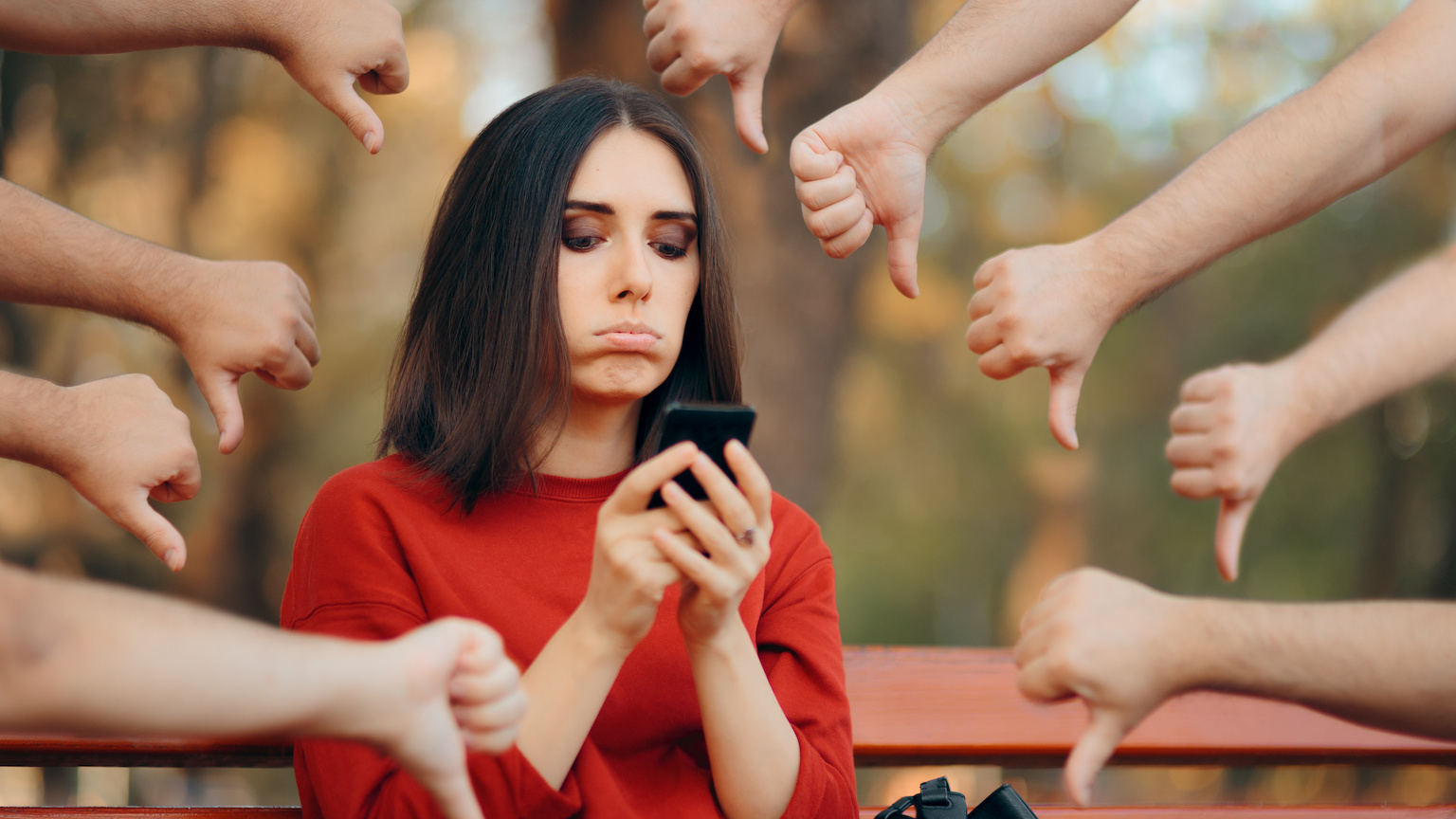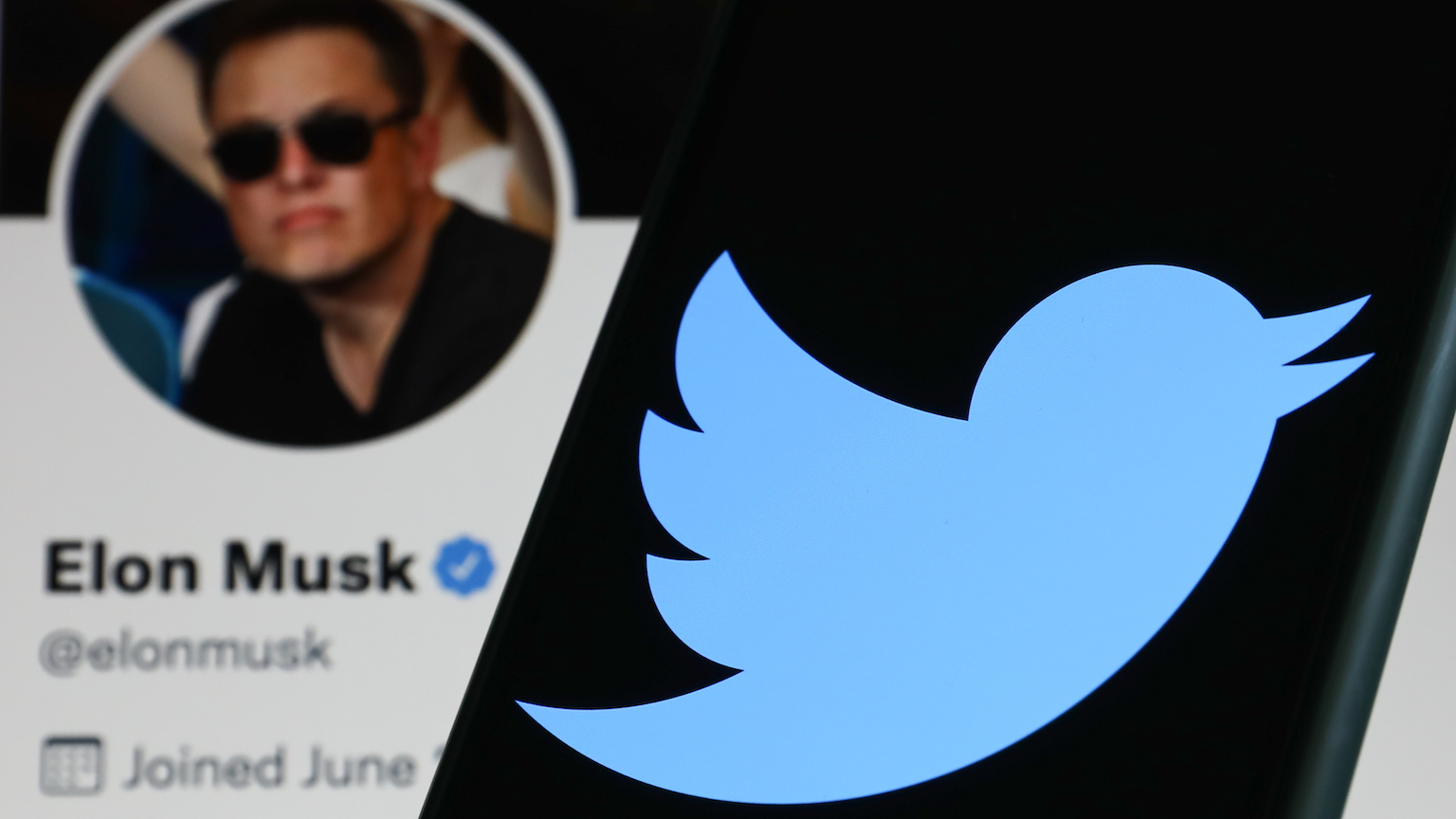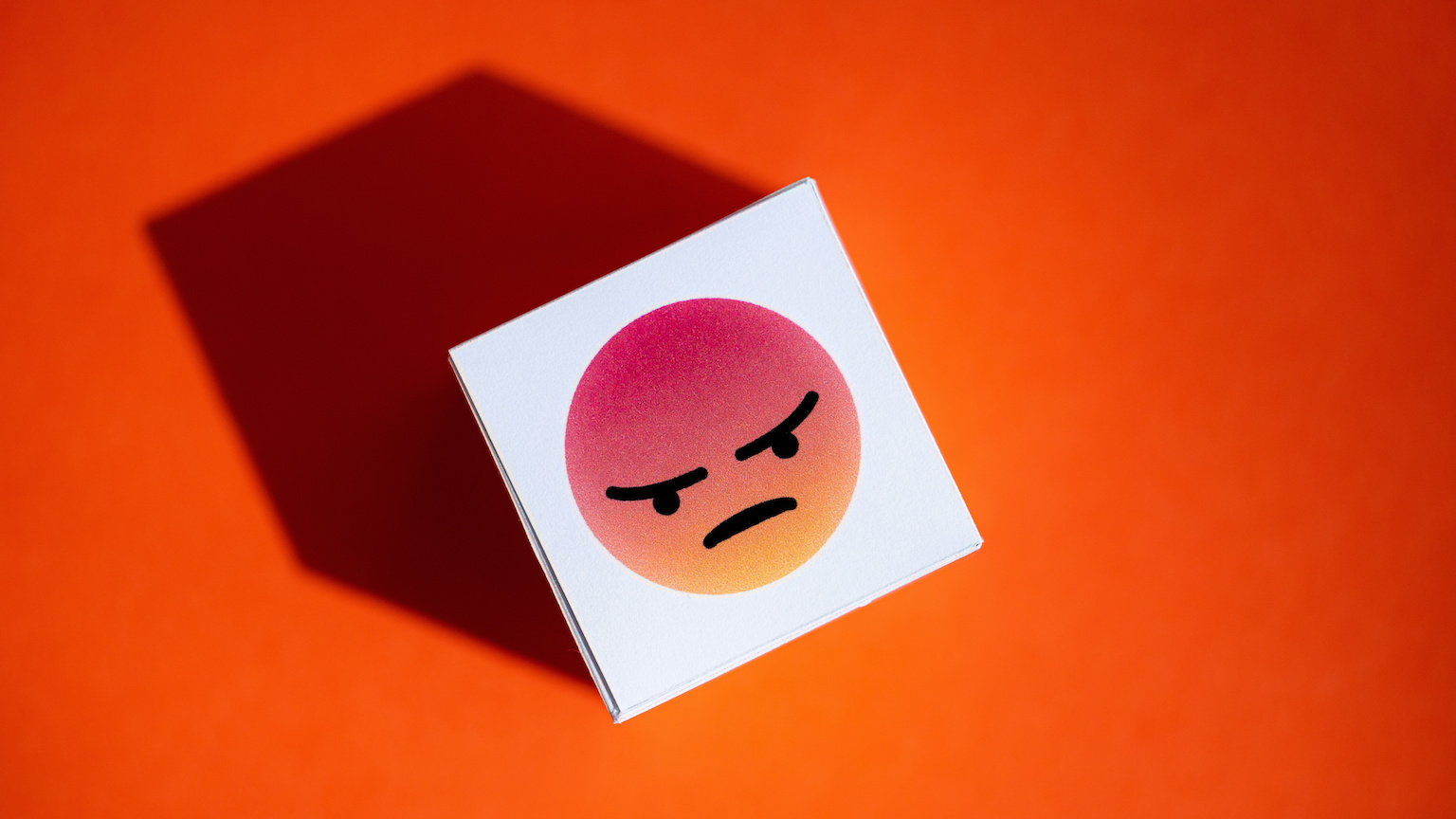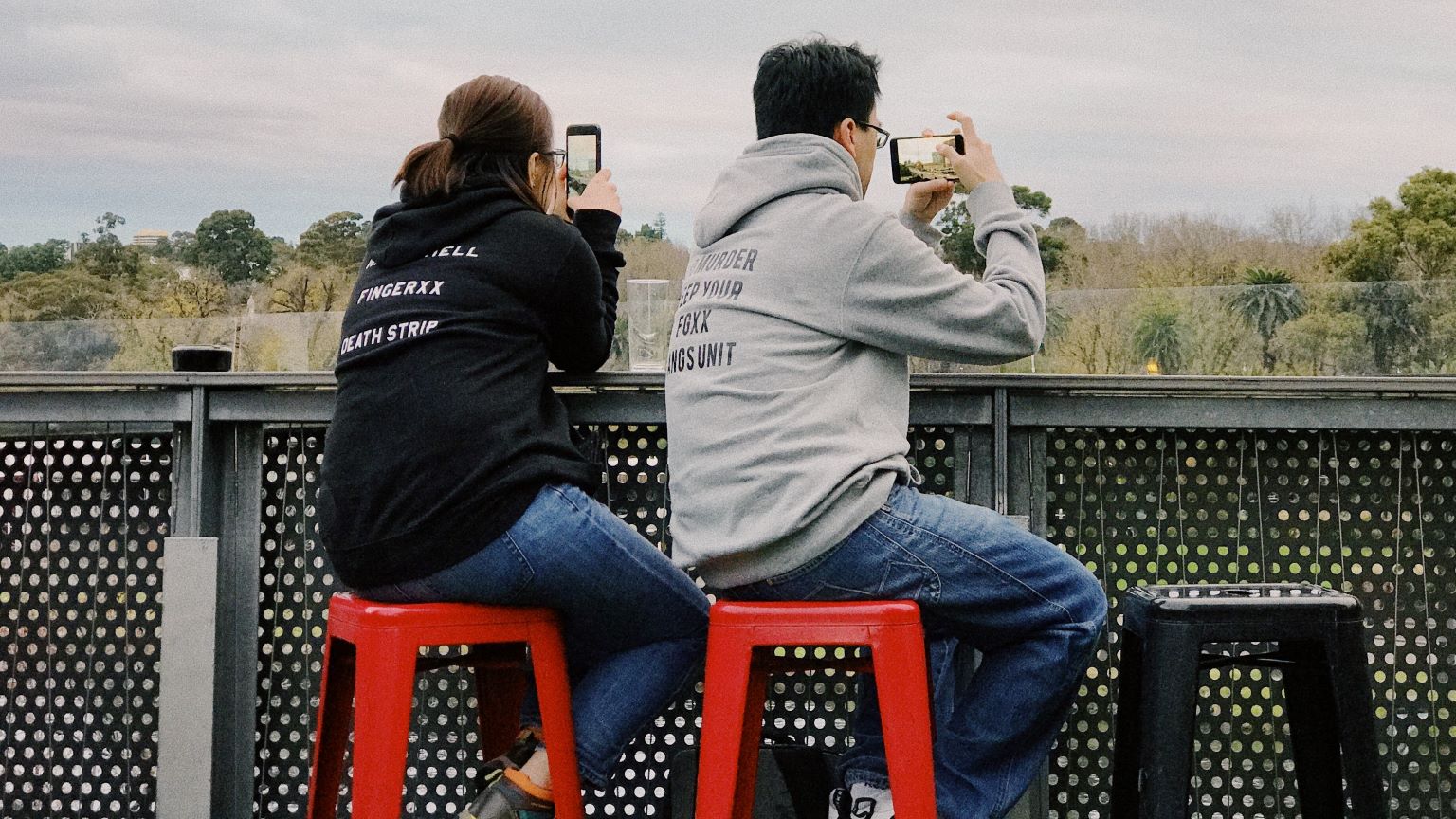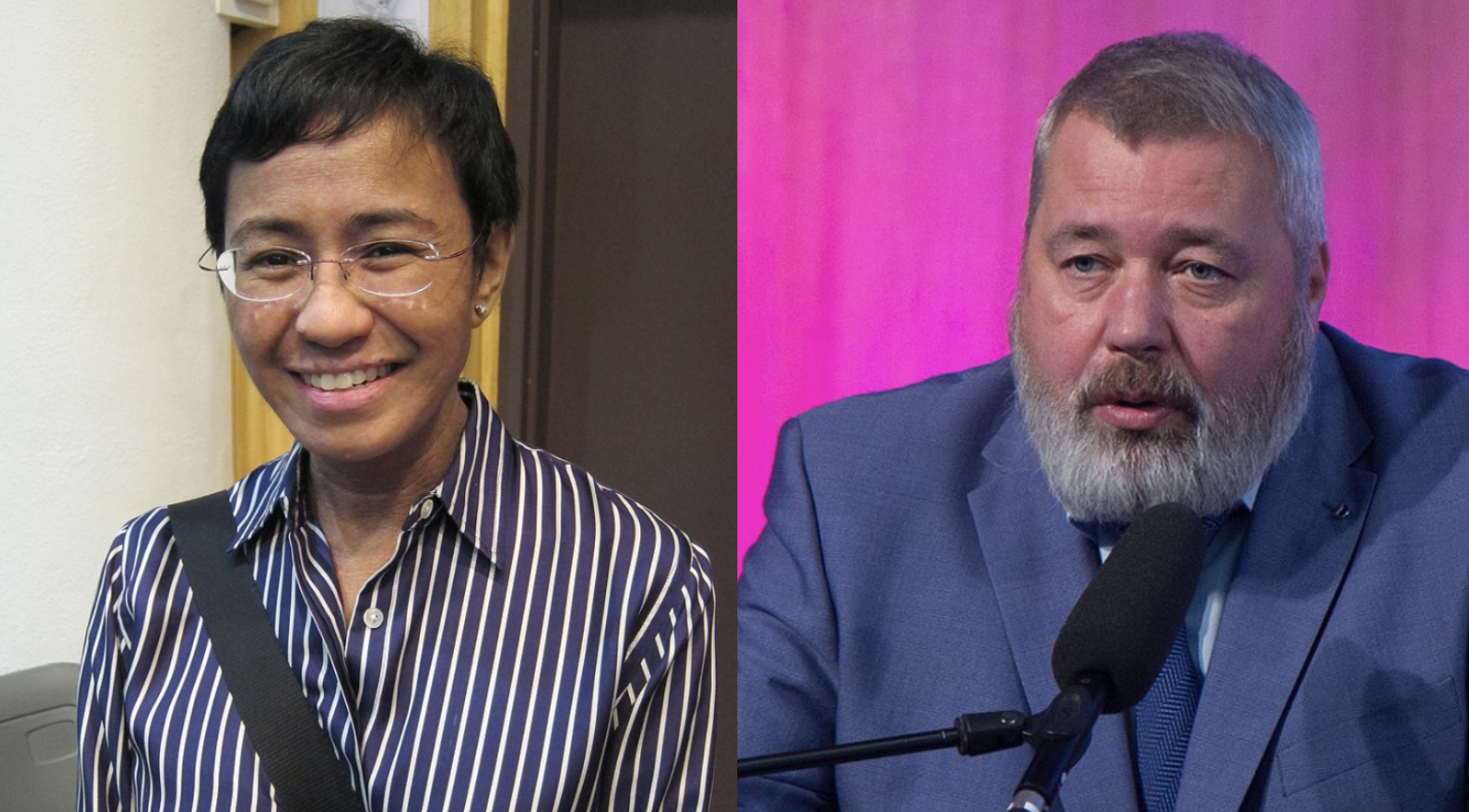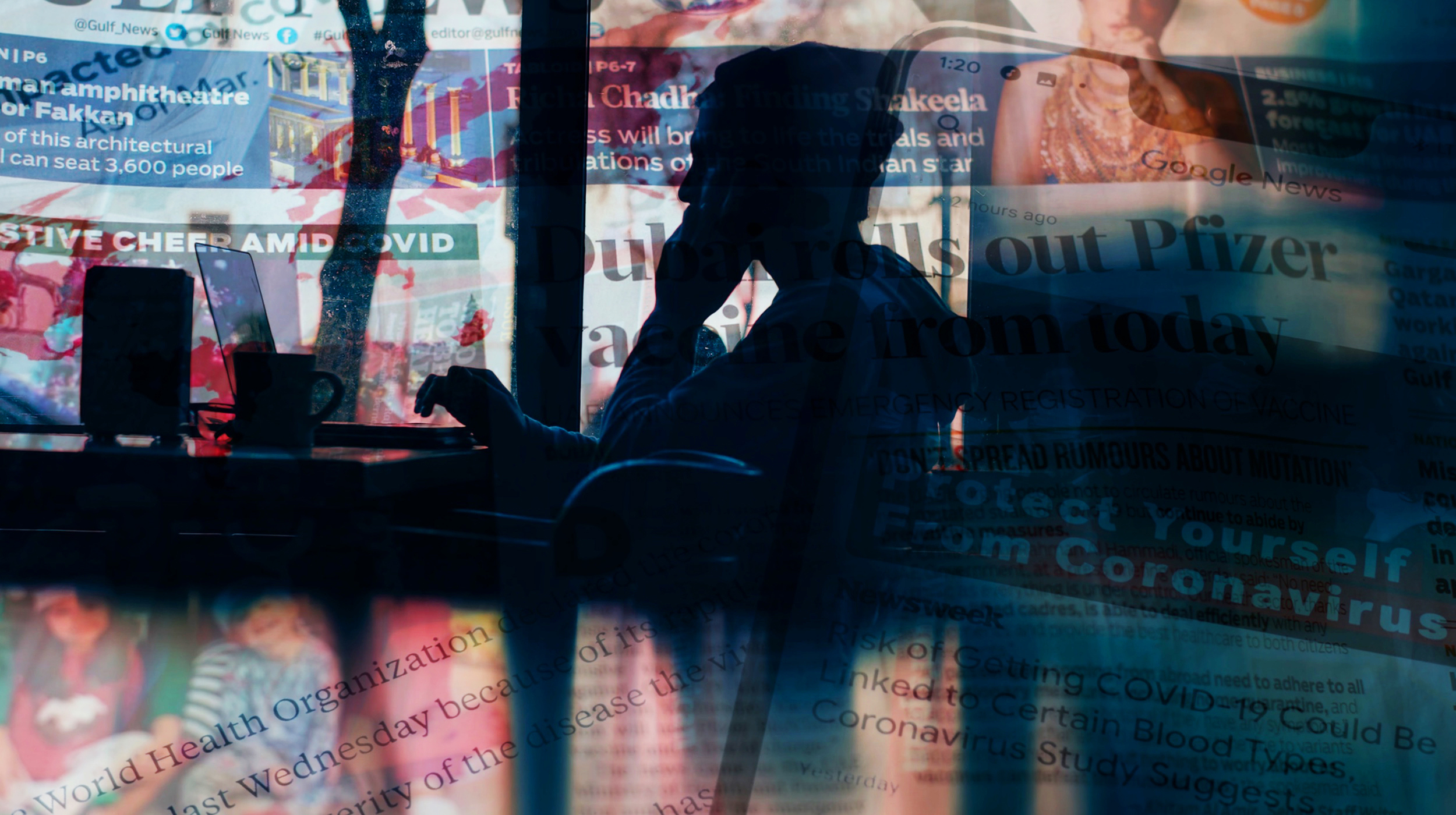Social media
What responsibility do social media companies like Twitter have to free speech? It depends on whether they are “landlords” or “publishers.”
Elon Musk’s successful bid to take over Twitter has fragmented the internet along predictably partisan lines. But only time will tell whether this is a good or bad thing.
Moral dilemmas reveal the limitations of ethical principles. Oddly, the most principled belief system might not have any principles at all.
Social media distorts the reality of the public sphere.
Outrage is a useful emotion that helped our ancient ancestors survive. Today, it leaves us feeling angry, tired, powerless, and miserable.
Step one, start with a trial separation.
In “Off the Edge”, journalist Kelly Weill dives down the strange rabbit hole of the flat-Earther community.
As the demonstrations grew, so did the internet service disruptions.
People around the world, mostly Generation Z, are obsessed with the look and feel of gothic, elitist universities. Why?
The internet has made it easier than ever to keep in touch with our exes. For people in relationships, that can cause problems.
Our social instincts can lead us to adopt models of desire that might not serve our interests.
Augmented reality (AR) contact lenses will project the digital world into our retinas, perhaps helping us navigate the metaverse.
Both journalists have put themselves in danger to shed light on corruption and abuses of power in their home countries.
Once limited in range, mass hysteria can now spread across the globe in an instant.
Technology usually has more pros than cons, but every benefit still carries some risk.
Business leaders know they must prepare for technological upheavals in the years ahead. But keeping up-to-date on new technologies—to say nothing of understanding their complexities and forecasting those shifts—is an […]
Curious about the most used emoji on social media?
The world is changing, and technology is driving that change. Today, that observation is about as compelling as the insight that water runs downhill. It’s just what technology (and water) […]
Automation technologies manufacture goods or provide labor with minimal human intervention. They can trace their origins as far back as the 16th century—and arguably further—but didn’t take off until the […]
Counterintuitively, directly combating misinformation online can spread it further. A different approach is needed.
The independent news collective is teaching a new generation of journalists and citizens to spot the stories in plain sight.
Can playing video games really curb the risk of depression? Experts weigh in.
Did America’s collective mental health get worse (and then better) after the first COVID-19 lockdown?
“Deepfakes” and “cheap fakes” are becoming strikingly convincing — even ones generated on freely available apps.
In the future, you might voluntarily share your social media data with your psychiatrist to inform a more accurate diagnosis.
New research from MIT is unintuitive but could lead to a better system.
Older people are in grave danger of being left behind.
The platform experiments with letting users decide what content needs flagging.
Could we have predicted COVID-19 through social media trends?
Journalists, doctors, and others you should know.
